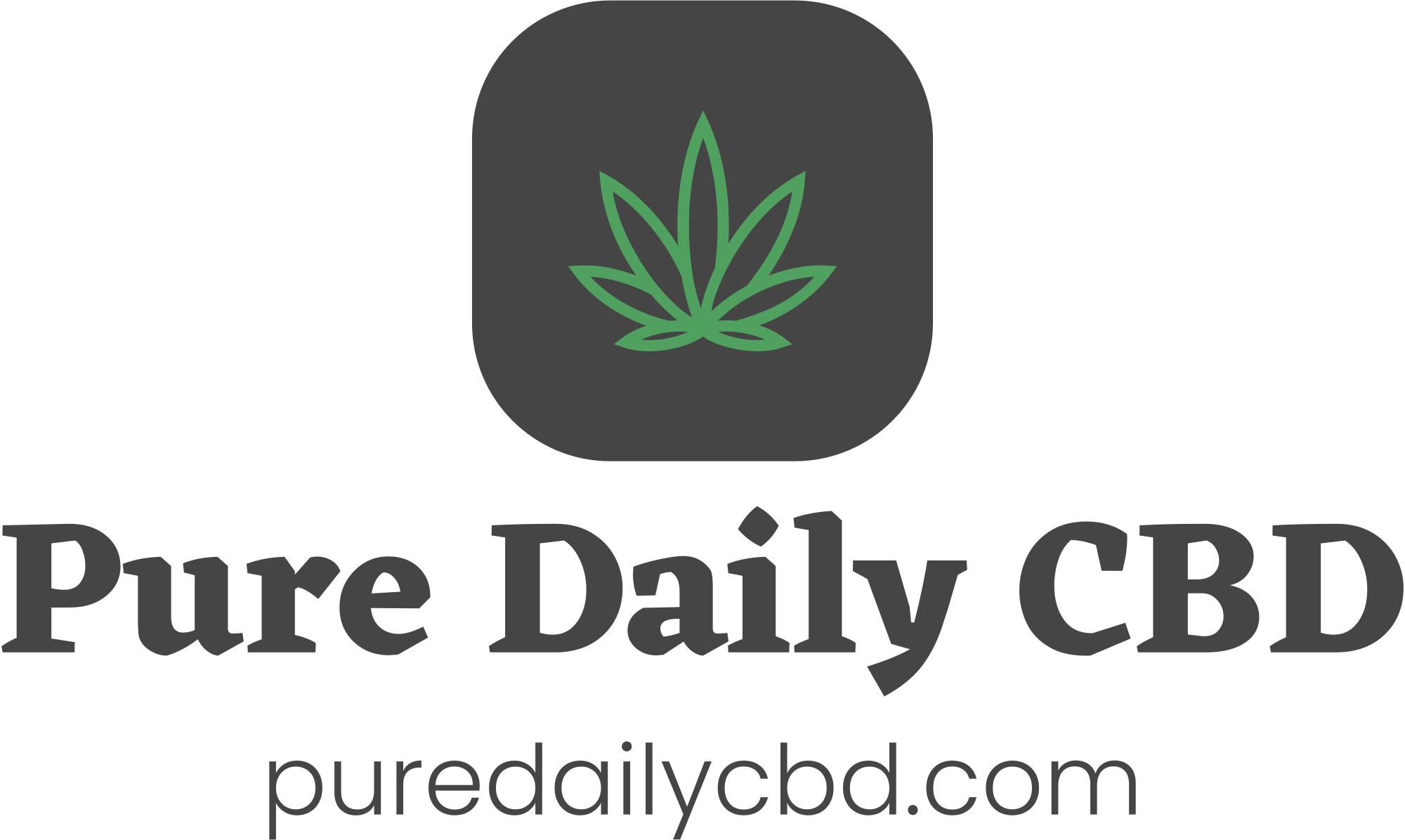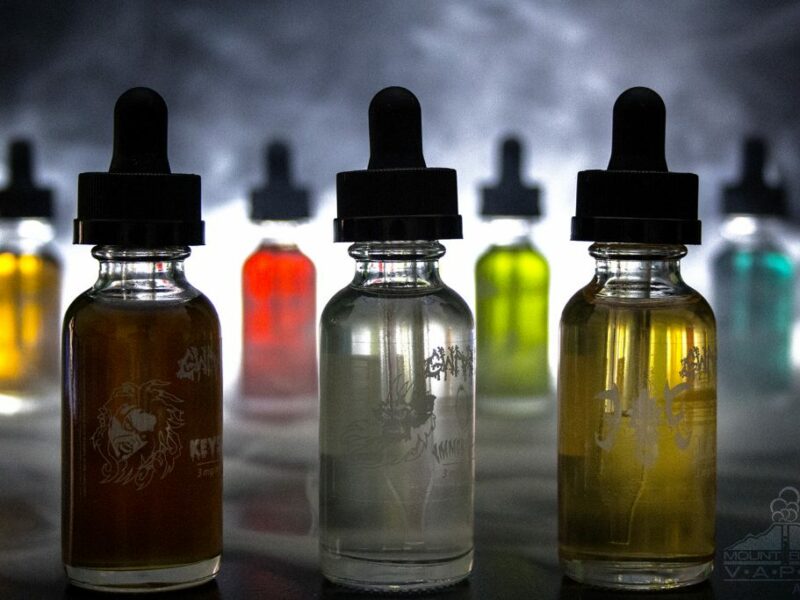Introduction
Chronic Obstructive Pulmonary Disease (COPD) is a debilitating lung condition that affects millions of people worldwide. COPD encompasses various progressive lung diseases, such as chronic bronchitis and emphysema, which lead to breathing difficulties, coughing, and reduced lung function. While traditional treatments aim to manage symptoms and slow disease progression, many individuals are exploring alternative therapies, including the use of cannabidiol (CBD), to alleviate some of the challenges associated with COPD. This comprehensive guide delves into COPD, explores the potential benefits of using CBD as a complementary treatment, discusses safety considerations, and offers practical advice for individuals considering CBD as part of their COPD management plan.
Understanding COPD
Before we delve into the potential use of CBD for COPD, it’s crucial to have a solid understanding of the condition itself.
What is COPD
COPD is a group of progressive lung diseases characterized by airflow obstruction, inflammation in the airways, and damaged lung tissue. The primary diseases included in COPD are chronic bronchitis and emphysema. COPD typically worsens over time and can be life-threatening.
Common Symptoms of COPD
- Shortness of breath, especially during physical activity
- Chronic cough with mucus production
- Wheezing
- Frequent respiratory infections
- Fatigue
- Reduced lung function
COPD Risk Factors
Risk factors for COPD include smoking, exposure to environmental pollutants, genetics, and a history of lung infections.
CBD and Its Potential for COPD
Now, let’s explore the potential benefits of using CBD for managing COPD symptoms
Anti-Inflammatory Properties of CBD
One of the well-documented properties of CBD is its anti-inflammatory effect. Inflammation plays a significant role in COPD, contributing to airway narrowing and damage to lung tissue. CBD’s potential to reduce inflammation may help alleviate some of the symptoms associated with COPD.
Bronchodilation and Improved Breathing
Some studies suggest that CBD may have bronchodilatory effects, meaning it can help widen the airways in the lungs. This could lead to improved airflow and easier breathing, making CBD a potentially valuable option for managing COPD-related breathing difficulties.
Pain and Anxiety Management
COPD can be accompanied by pain and anxiety, which can exacerbate symptoms. CBD’s analgesic properties may help alleviate pain, and its anxiolytic effects can reduce anxiety and stress, contributing to an overall improvement in the quality of life for COPD patients.
Potential Antibacterial Properties
Research indicates that CBD may have antimicrobial properties, which could be beneficial for COPD patients. These properties may help reduce the risk of respiratory infections, a common complication of COPD.
Using CBD for COPD
If you are considering using CBD as a complementary treatment for COPD, it’s essential to proceed with caution and follow these guidelines:
Consult a Healthcare Professional
Before incorporating CBD into your COPD management plan, consult with your healthcare provider, preferably one with experience in medical cannabis or CBD use. They can provide personalized guidance and help you determine the most appropriate approach for your specific condition.
Types of CBD Products
CBD is available in various forms, including tinctures, capsules, inhalable vapor, and topical creams. COPD patients may consider inhalable forms for potential bronchodilation or oral forms for systemic effects. Consult with your healthcare provider to determine the most suitable product for your needs.
Dosage Considerations
Determining the right CBD dosage for COPD can be complex. Factors such as the severity of your condition, individual response, and the specific product used can all influence dosage. Start with a low dose and gradually increase it as needed. Your healthcare provider can help you find the optimal dosage.
Safety Considerations
Safety should always be a top priority when using CBD for COPD:
- Choose high-quality CBD products from reputable manufacturers.
- Ensure that the product has been lab-tested for purity and CBD content.
- Be aware of potential side effects, such as dry mouth, dizziness, or changes in appetite.
- If you experience adverse effects or worsening symptoms, consult your healthcare provider immediately.
Monitor and Document Changes
Keep a journal to track your COPD symptoms and document any changes when using CBD. Look for improvements in breathing, coughing, mucus production, pain, and anxiety levels. Share this information with your healthcare provider to inform your treatment plan.
Precautions and Legal Considerations
When considering CBD for COPD, be mindful of several precautions and legal considerations
Legal Status of CBD
The legal status of CBD varies by country, state, or region. In some places, CBD is fully legal, while in others, there may be restrictions or regulations in place. Always research and ensure you are in compliance with local laws and regulations when using CBD.
Potential Drug Interactions
CBD can interact with certain medications, including blood thinners and anticoagulants. It’s essential to inform your healthcare provider about any CBD use to ensure there are no adverse interactions with your current medications.
Allergies and Sensitivities
Consider potential allergies or sensitivities when using CBD products. If you have a known sensitivity to cannabis or CBD, exercise caution and consider alternative treatments.
Conclusion
COPD is a complex and progressive lung condition that poses significant challenges to those affected. While CBD shows promise as a complementary treatment for managing COPD symptoms, it is essential to approach its use with care and guidance from healthcare professionals.
As research on the potential benefits of CBD continues to evolve, staying informed about the latest findings is crucial. Consult with healthcare providers experienced in medical cannabis or CBD to determine the most suitable approach for your condition. Remember that individual responses to CBD may vary, and it is not a one-size-fits-all solution. The ultimate goal is to improve the quality of life for COPD patients, alleviating symptoms, and enhancing overall well-being. Whether you choose to explore CBD as part of your COPD management or stick with traditional treatments, prioritize your lung health and overall quality of life.
- CBD Oil By 43cbd-Comprehensive Analysis Unveiling the Best CBD Oil - March 11, 2024
- A Comprehensive Guide to COPD: Can CBD Help - October 26, 2023
- The Comprehensive Guide to the Benefits of Vitamin K2 - October 26, 2023




